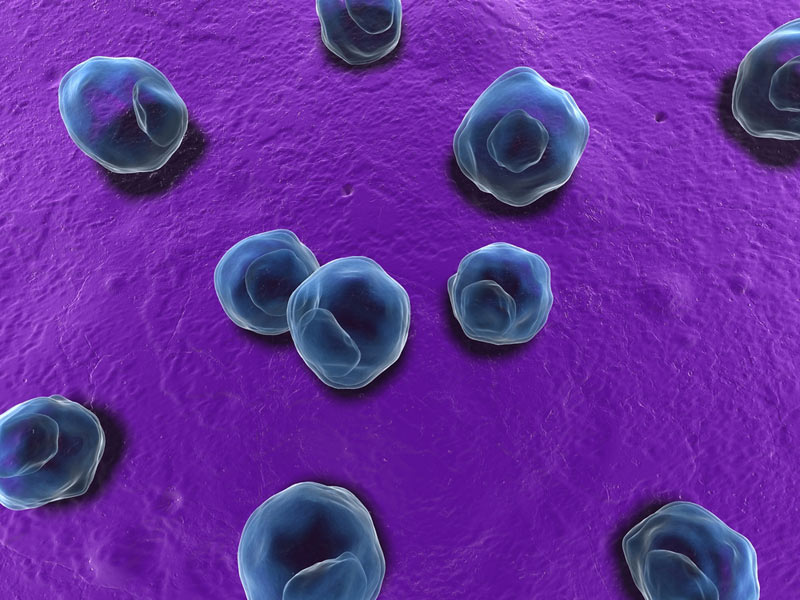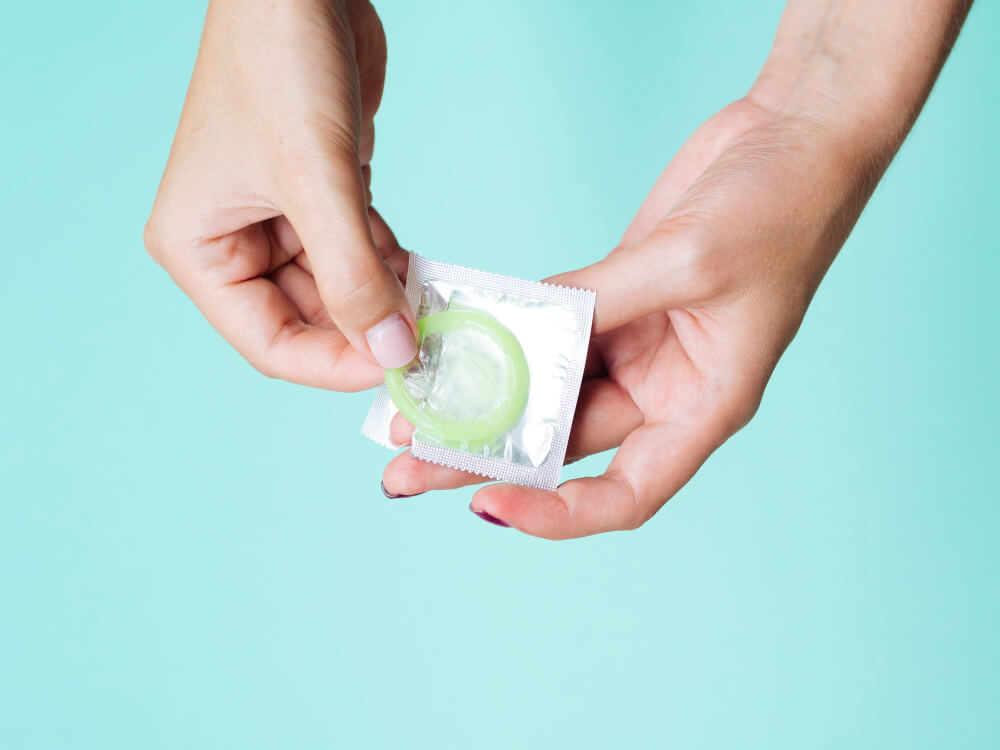Chlamydia: A Common STD, Easily Treated, But Don’t Ignore It!
Chlamydia is the most frequently reported sexually transmitted disease (STD) in the United States, according to the Centers for Disease Control and Prevention (CDC) [1]. It’s a bacterial infection that can affect both men and women, and often goes unnoticed because many people don’t experience any symptoms. However, leaving chlamydia untreated can lead to serious health problems, so getting tested and treated early is crucial.
This comprehensive guide will equip you with all the essential information about chlamydia, including:
- Symptoms and how to recognize them (H2)
- Testing options and what to expect (H2)
- Effective treatment methods and recovery (H2)
- How to prevent chlamydia infection (H2)
- Long-term complications of untreated chlamydia (H2)

Understanding Chlamydia Symptoms
As mentioned earlier, chlamydia often doesn’t cause any noticeable symptoms. This can be particularly concerning because it allows the infection to spread unknowingly. However, some people do experience symptoms, which can appear anywhere from 1 to 3 weeks after exposure.
Here’s a breakdown of potential symptoms in men and women:
Symptoms in Women:
- Abnormal vaginal discharge that may be yellow, green, or have an unpleasant odor
- Pain or burning sensation during urination (dysuria)
- Pelvic pain or lower abdominal pain
- Bleeding between periods or after sex
- Painful intercourse
Symptoms in Men:
- Pain or burning sensation during urination
- White, milky, or clear discharge from the penis
- Pain and swelling in one or both testicles
- Burning or itching around the opening of the penis
It’s important to remember that these symptoms can also be caused by other conditions. If you experience any of the above, it’s crucial to see a healthcare provider for proper diagnosis and treatment.
Getting Tested for Chlamydia: What to Expect
Testing for chlamydia is a simple and painless procedure. Here’s what you can expect:
For Women:
- A swab test will be used to collect a sample of cells from your cervix. This can be done during a pelvic exam or during a separate office visit.
- A urine test might also be used as an alternative screening method.
For Men:
- A urine test is the most common method for men. You’ll be asked to provide a urine sample in a sterile container.
- In some cases, a swab test may be used to collect a sample of discharge from the tip of the penis.
- The test results are usually available within a few days. If you test positive for chlamydia, your healthcare provider will discuss treatment options with you.
Chlamydia Treatment: Getting Cured and Feeling Better Fast
The good news is that chlamydia is easily treated with a course of antibiotics. Your doctor may prescribe one single dose of an antibiotic or a course taken over a few days. It’s crucial to complete the entire course of antibiotics, even if your symptoms improve quickly. Stopping treatment early can allow the infection to persist and become more difficult to treat.
Here are some additional points to remember about chlamydia treatment:
- Sexual partners also need to be treated: Since chlamydia is spread through sexual contact, it’s essential that all your sexual partners from the past 2 months also get tested and treated to prevent re-infection.
- Avoid sex during treatment: Abstain from sexual activity until you and your partner(s) have completed your antibiotic treatment. This will help prevent the spread of the infection.
- Retesting is recommended: Your doctor may recommend retesting after 3 months to ensure the infection is completely cleared.
Preventing Chlamydia Infection

The most effective way to prevent chlamydia is to practice safe sex every time you have sexual contact. Here’s how:
- Condoms are key: Consistent and correct condom use can significantly reduce the risk of contracting chlamydia. Choose a latex or polyurethane condom and use it every time you have vaginal, anal, or oral sex.
- Mutual monogamy: Having a monogamous relationship with a partner who has also been tested and is free of chlamydia is another way to prevent infection.
- Open communication: Talking openly and honestly with your partner(s) about sexual health is essential. Discuss testing and be upfront about any potential risks.
Long-Term Complications of Untreated Chlamydia
While chlamydia is easily treated, leaving it untreated can lead to serious health problems, particularly in women. Here are some potential complications:
- Pelvic inflammatory disease (PID): This is an infection of the female reproductive organs, including the uterus, fallopian tubes, and ovaries. PID can cause severe pain, scarring, and increase the risk of ectopic pregnancy (pregnancy outside the uterus) and infertility.
- Ectopic pregnancy: As mentioned earlier, untreated chlamydia can increase the risk of an ectopic pregnancy. This is a life-threatening condition that occurs when a fertilized egg implants outside the uterus, typically in the fallopian tubes.
- Increased risk of other STDs: Having chlamydia can make you more susceptible to contracting other sexually transmitted infections, including HIV.
- Complications in Men: While less common, untreated chlamydia in men can lead to epididymitis, an inflammation of the coiled tube that stores and carries sperm. This can cause pain and swelling in the testicles and potentially lead to infertility.
Seeking Help and Getting Support
If you think you might have chlamydia or any other STD, don’t hesitate to seek help from a healthcare provider. They can provide confidential testing, discuss treatment options, and answer any questions you may have. Many clinics offer free or low-cost STD testing services.
Conclusion
Chlamydia is a common STD, but it’s easily treated with antibiotics. The key is to be aware of the symptoms, get tested if needed, and complete the full course of treatment. By practicing safe sex and getting regular checkups, you can significantly reduce your risk of contracting chlamydia and other STDs.
Remember, you’re not alone. Many people have chlamydia, and it’s nothing to be ashamed of. Early diagnosis and treatment can prevent serious health complications and ensure a healthy future.
